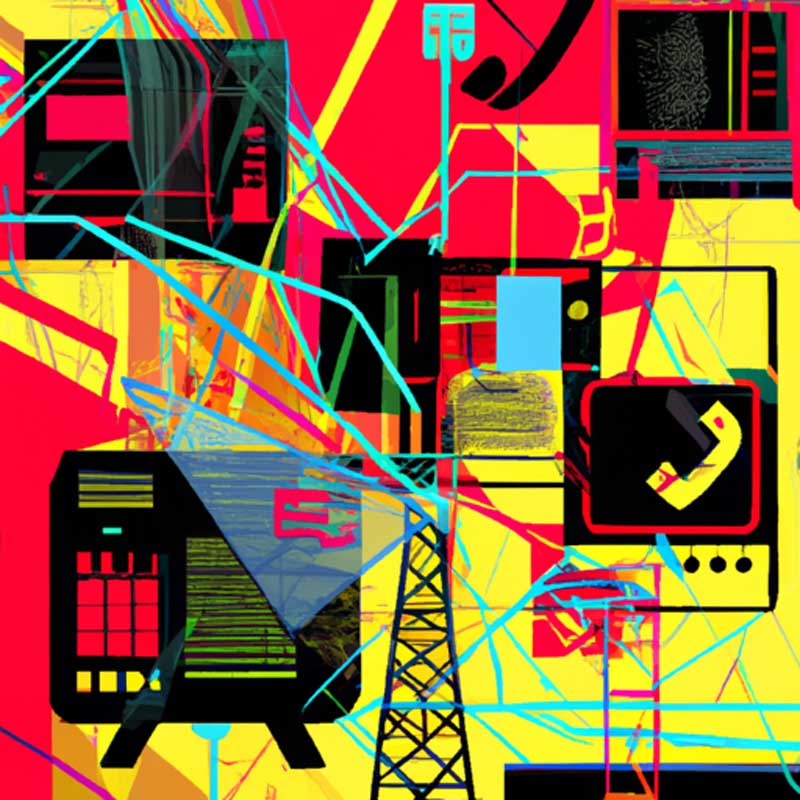Don’t you hate it when the godfathers disagree? On one side, we have former Google scientist Dr. Geoffrey Hinton warning that we’re going too fast and AIs could ruin everything from jobs to truth. On the other side, we find Meta’s Yann LeCun. Both scientists once worked together on Deep Learning advancements that would change the world of AI and triggered the flurry of advancements in AI algorithms and large language models that brought us to this fraught moment. LeCun’s argument, which in its TLDR form is something making to, “Don’t worry, embrace AI,” breaks down into a few key components that may or may not make you think differently.
Open is good: LeCun argues that it doesn’t make sense for a few AI powerhouse companies to control AI technology. Instead, he advocates for open-source AI to ensure that it benefits everyone and is not concentrated in the hands of a few companies.
Regulation is probably not the thing: LeCun argues against heavy regulation of AI. He believes that AIs are built with guardrails and that industry applications of AI will have to follow pre-existing regulations, similar to the pharmaceutical industry.
AGI isn’t near: LeCun does not believe that we are close to achieving Artificial General Intelligence (AGI), as human intelligence is not easily definable. He argues that intelligence varies from person to person and that AGI cannot be compared directly to human intelligence.
You want AI to be smarter than you: LeCun believes that AIs will eventually be smarter than humans, but he also notes that they will lack the same motivations and drives as humans. He compares AI assistants to “super-smart humans” and suggests that working with them would be like working with super-smart colleagues.
LeCun’s perspective challenges the prevalent fears and concerns about AI. He advocates for an open, regulated, and collaborative approach to AI development, emphasizing its potential benefits and downplaying the risks. His arguments suggest that a thoughtful and responsible approach to AI can lead to a safer and more beneficial future.
